“an intelligibility arises that can only be achieved in the interplay between word and music.”
Hans-Christoph Rademann on Schütz’s Psalms of David
50 years of Carus – 50 years of passion for choral music, which we share with you. In the Carus anniversary year, each month in the CARUS blog prominent choral directors present their personal highlight from five centuries of choral music for you.
In 1619, with the Psalms of David, Heinrich Schütz confidently and proudly took his place as the leading German composer. If the age of the Baroque was above all an age of overwhelm, then Schütz created the ideal sound for it with this epoch-making cycle. Schütz had virtually soaked up Venetian polychoralism with Giovanni Gabrieli and now fused these grandiose effects with the Middle German musical tradition in his Psalms of David.
In addition to the grand sounds, Schütz writes “zu starckem Getön” (with powerful noise), there is subtle textual interpretation in a sophisticated word-sound relationship that sets new standards for German musical development. Bach, Brahms, Mendelssohn, Distler – they will all build directly or indirectly on this legacy.
What fascinates me about these pieces is that one can discover what music is, what it is able to represent. But there is more to it than the enjoyment of the sound: this music is particularly suitable for an intensive exploration of the psalm texts as well. In the manner in which the music adds that which is multi-layered, ambiguous, lucid and also inexpressible, an intelligibility arises that can only be achieved in the interplay between word and music.
Now we are in the middle of the Schütz Year 2022, as the composer died 350 years ago on November 16. This is a special year of music for me in the coming period, not only artistically – with performances at the Erzgebirge Music Festival and the Heinrich Schütz Music Festival – but also pedagogically as a professor of choral conducting. As a teacher, I would like to use Heinrich Schütz to lead to a deeper understanding of music. The Dresden University of Music Carl Maria von Weber will begin the academic year 2022/23 with a “Heinrich Schütz Semester”. Together with the Dresden Chamber Choir, I will open this special semester with a performance of the Psalms of David in the concert hall of the university.
Many students of this institution were able to produce the complete works of the “Father of German Music” for Carus together with me in the past years and, just like me, felt enriched and delighted to be inspired by Heinrich Schütz.
Complete recordings
Hans Christoph Rademann, Dresden Kammerchor
Carus 83.255/00
Hans-Christoph Rademann is one of the most sought-after choral conductors and recognized choral sound specialists in the world today. His concerts and recordings with the Dresdner Kammerchor and the Dresdner Barockorchester, especially of the Central German musical treasures of the 17th and 18th centuries, are groundbreaking. Likewise, his interpretations of romantic works and contemporary compositions are highly acclaimed, as evidenced by numerous awards.

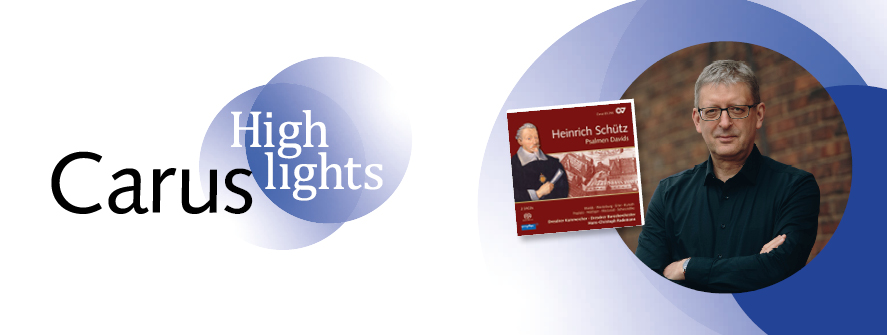
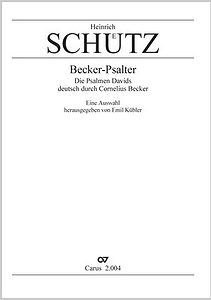
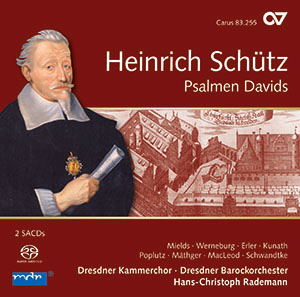
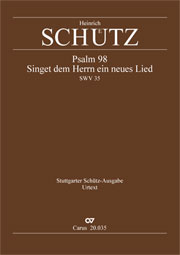
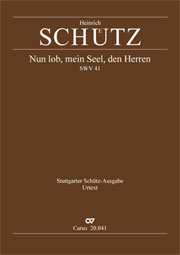
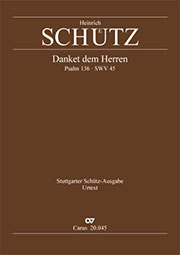
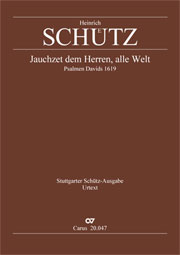
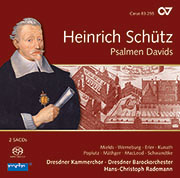



Leave a Reply
Want to join the discussion?Feel free to contribute!